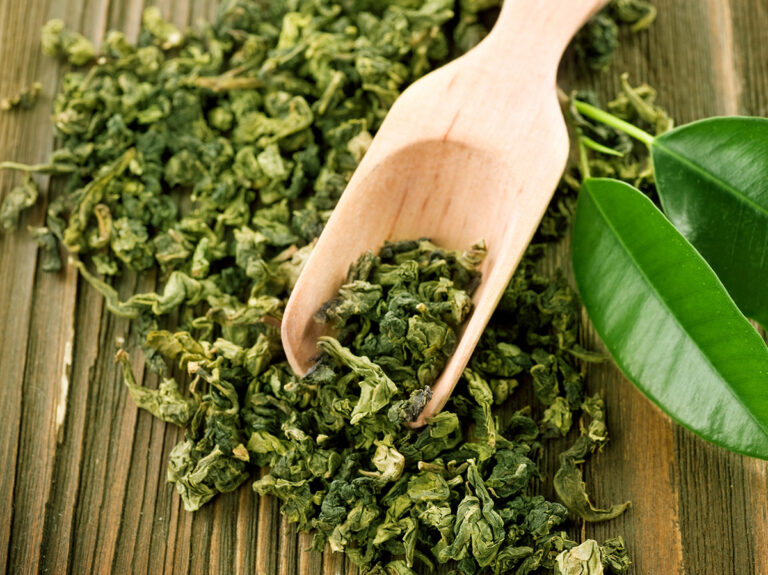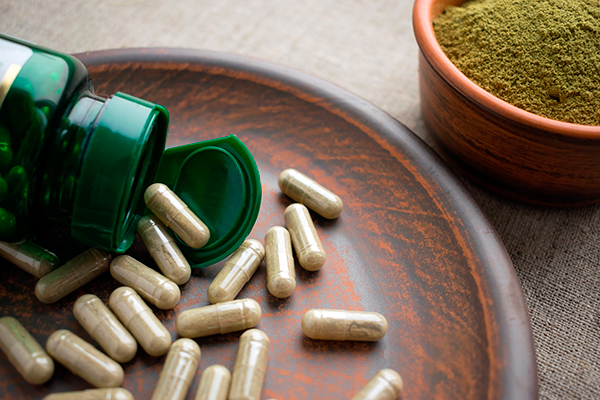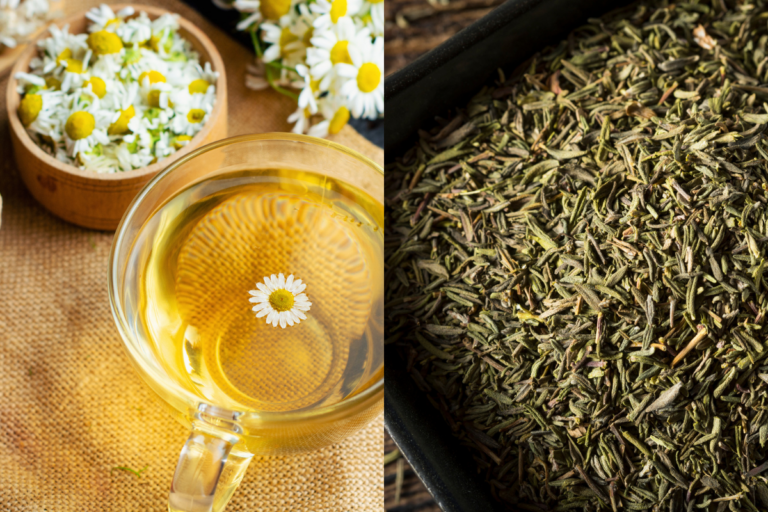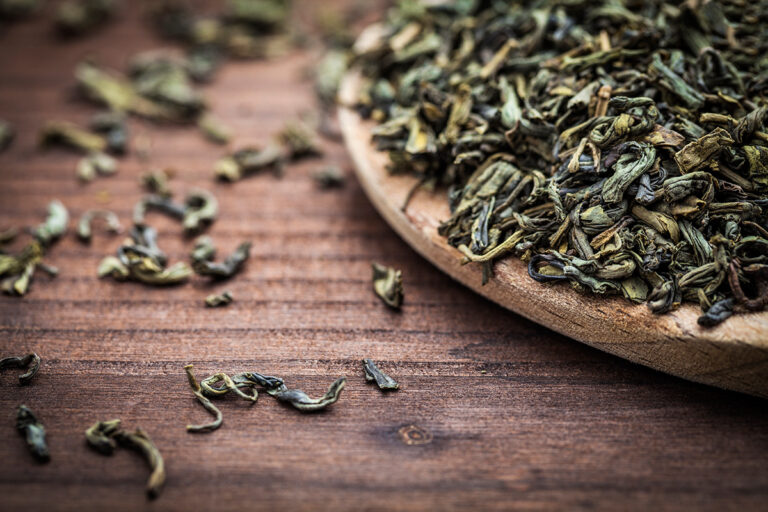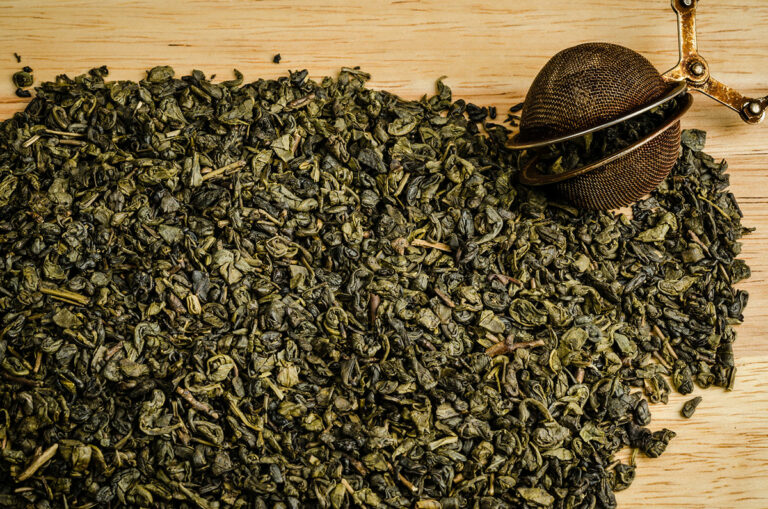Drinking Green Tea During Your Periods: Good or Bad?
Periods are a natural part of a woman’s life, and every woman has her own unique experience when it comes to dealing with the symptoms. Drinking green tea is often recommended as a way to alleviate some of these symptoms, but is it truly good or bad?
In short, drinking green tea during your periods can be both good and bad, depending on individual circumstances. When consumed in moderation, it may help alleviate menstrual cramps and provide a gentle energy boost. However, excessive consumption or improper timing can lead to side effects such as insomnia, decreased iron absorption, and gastrointestinal issues.

Is Green Tea Good for Menstrual Cramps?
The Antioxidant Power of Green Tea
Green tea is known for its high levels of antioxidants, specifically catechins like epigallocatechin gallate (EGCG). These antioxidants help combat inflammation in the body and reduce oxidative stress, which may contribute to menstrual cramps. Additionally, green tea contains a mild amount of caffeine that can help provide a gentle energy boost without causing jitters or worsening period symptoms.
The Role of Green Tea in Reducing Prostaglandins
Prostaglandins are hormone-like substances that play a role in causing menstrual cramps. They trigger muscle contractions and inflammation in the uterus, which can lead to pain and discomfort. Studies have shown that green tea can inhibit the production of prostaglandins, potentially reducing the severity of menstrual cramps.
How Much Green Tea Should You Drink?
While green tea has many potential benefits for relieving menstrual cramps, moderation is key. Drinking two to three cups of green tea per day during your period can provide the antioxidants and anti-inflammatory properties needed to help alleviate cramps. However, consuming excessive amounts may lead to side effects, which we will discuss in the next section.
Green Tea Side Effects on Periods
Caffeine Sensitivity and Insomnia
Although green tea contains less caffeine than coffee or black tea, it still has enough to cause side effects in some people. Drinking too much green tea can lead to caffeine sensitivity, which may manifest as insomnia, anxiety, or an increased heart rate. If you’re sensitive to caffeine, it’s important to limit your consumption during your period to avoid worsening symptoms.
Iron Absorption and Anemia
One of the lesser-known side effects of green tea is its ability to inhibit iron absorption. The catechins in green tea can bind to iron, making it more difficult for your body to absorb. This can be especially problematic for women who experience heavy periods, as they are already at a higher risk of iron deficiency and anemia. To mitigate this effect, it’s recommended to consume green tea at least one hour before or after meals to ensure proper iron absorption.
Gastrointestinal Issues
Some individuals may experience gastrointestinal issues when consuming green tea, such as nausea, stomach cramps, or diarrhea. These symptoms can be exacerbated during your period, making it essential to monitor your body’s reaction to green tea and adjust your consumption accordingly.
Tips for Drinking Green Tea During Your Period
To maximize the benefits of green tea while minimizing potential side effects, consider the following tips:
- Choose high-quality green tea: Opt for organic, high-quality green tea leaves or tea bags to ensure you’re getting the most benefits and avoiding harmful chemicals.
- Monitor your caffeine intake: If you’re sensitive to caffeine, consider switching to a decaffeinated green tea or limit your consumption to one or two cups per day.
- Time your tea consumption: To avoid interfering with iron absorption, consume green tea at least an hour before or after meals.
- Listen to your body: Pay attention to how your body reacts to green tea during your period. If you experience any side effects, reduce your consumption or stop drinking green tea altogether.
Conclusion
Drinking green tea during your periods can be both good and bad, depending on your individual circumstances and how you consume it. When enjoyed in moderation, green tea offers a range of benefits that may help alleviate menstrual cramps and provide a gentle energy boost. However, excessive consumption or drinking green tea at inappropriate times can lead to side effects, such as insomnia, decreased iron absorption, and gastrointestinal issues.
Ultimately, the decision to drink green tea during your period should be based on your personal preferences and how your body responds.
Remember to always listen to your body and consult your healthcare provider if you have any concerns or questions about incorporating green tea into your routine during your periods.


